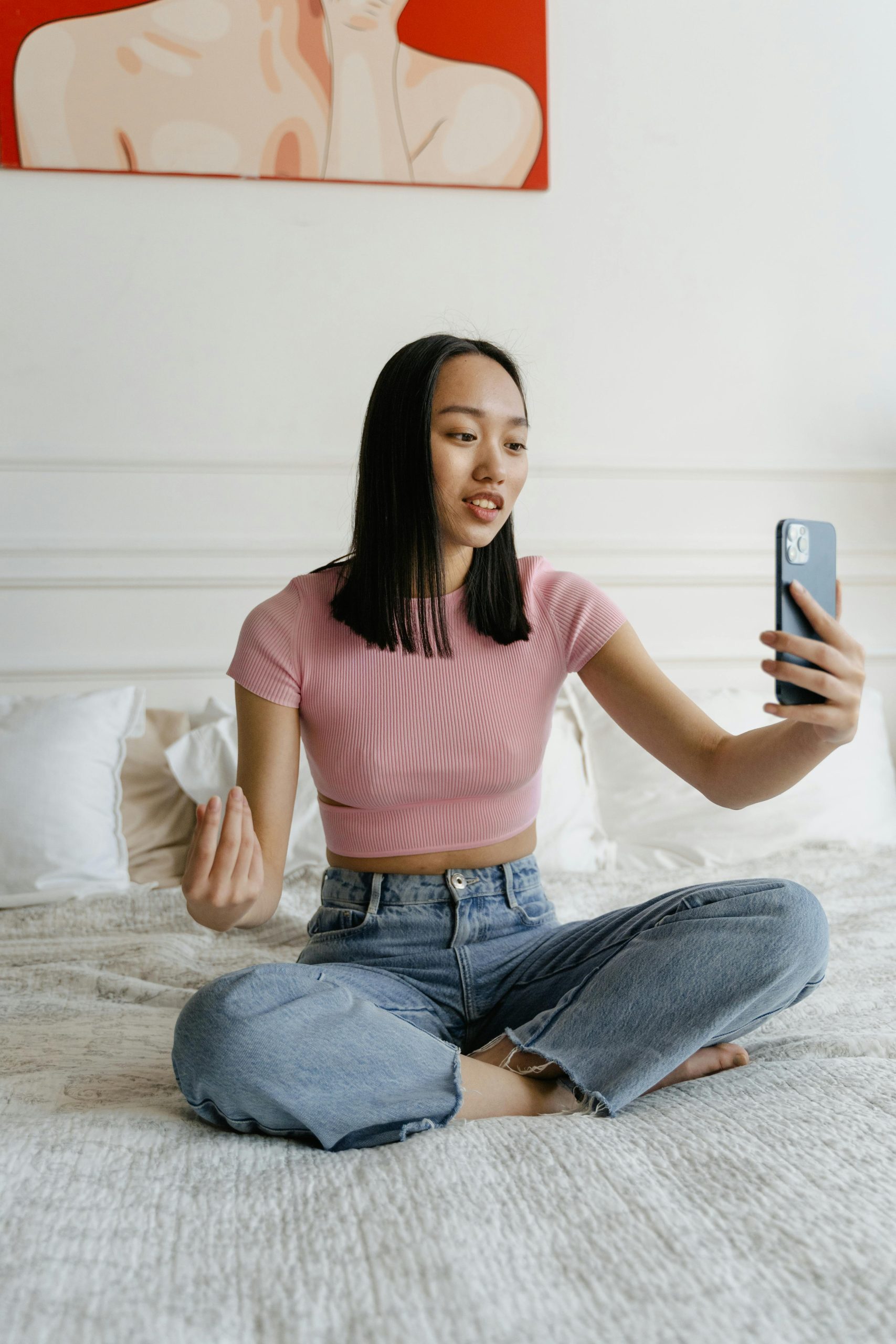The internet has become the ultimate cultural melting pot, shaping how we consume, create, and interact with entertainment. From viral memes to streaming sensations, online communities now dictate what goes mainstream. The line between internet culture and traditional entertainment has blurred, with trends born in digital spaces rapidly influencing movies, TV, music, and even fashion. This shift isn’t just changing how content is made—it’s redefining who holds the power to set trends.
The Rise of Viral Content in Mainstream Media
What starts as a niche joke or trend online can quickly become a global phenomenon. Platforms like TikTok, Twitter, and YouTube act as incubators for viral content, which often gets absorbed into mainstream entertainment. For example, memes like “Distracted Boyfriend” or “Woman Yelling at a Cat” have been referenced in TV shows, commercials, and even political campaigns.
Streaming services and studios now actively monitor internet trends to stay relevant. Netflix’s Stranger Things famously capitalized on 80s nostalgia, a trend that thrived online before hitting the mainstream. Similarly, music artists like Lil Nas X leveraged viral TikTok dances to propel “Old Town Road” to record-breaking success.
How Platforms Influence Content Creation
- TikTok Challenges: Dance trends and challenges often spill over into music charts and TV performances.
- YouTube Reactions: Fan theories and deep dives shape how shows are written (e.g., Game of Thrones).
- Twitter Debates: Online discourse can lead to plot changes or revivals of canceled shows (Brooklyn Nine-Nine).
The Democratization of Fame
Before the internet, breaking into entertainment required gatekeepers—agents, studios, and record labels. Now, anyone with a smartphone and creativity can become a star. Internet personalities like MrBeast, Emma Chamberlain, and Addison Rae transitioned from social media fame to mainstream success, landing TV deals, brand partnerships, and even movie roles.
This shift has forced traditional media to adapt. Late-night shows now feature YouTubers as guests, and streaming platforms produce documentaries about internet celebrities. The definition of “celebrity” has expanded, and mainstream entertainment is scrambling to keep up.
Examples of Internet Stars Crossing Over
- Bella Poarch: TikTok fame led to a music career and collaborations with major artists.
- The Try Guys: Former BuzzFeed employees turned independent creators now have a TV show.
- Dude Perfect: YouTube trick shots evolved into a Nickelodeon series and live tours.
How Memes and Nostalgia Drive Storytelling
Internet culture thrives on nostalgia and self-referential humor, which has seeped into mainstream storytelling. Movies like Spider-Man: No Way Home and The Lego Movie rely on meme-worthy moments and callbacks to older media. Even reboots and sequels are often greenlit because of online fan demand.
TV writers now craft scenes specifically for meme potential, knowing that viral screenshots can boost a show’s popularity. Series like The Office and Friends remain relevant largely because of their endless memeability.
The Role of Fan Culture
Online fandoms have unprecedented influence. Shows like Supernatural and Doctor Who have incorporated fan theories and inside jokes into their scripts. Meanwhile, platforms like Reddit and Tumblr serve as testing grounds for what resonates with audiences, allowing creators to refine their content before it hits the mainstream.
The Future of Entertainment in the Internet Age
As internet culture continues to evolve, so will its impact on mainstream entertainment. AI-generated content, virtual influencers, and interactive storytelling (like Netflix’s Bandersnatch) are just the beginning. The next wave of entertainment will likely be even more participatory, with audiences shaping narratives in real-time.
Brands and studios that ignore online trends risk becoming obsolete. The key to staying relevant? Listening to internet communities and embracing the unpredictable, fast-paced nature of digital culture.
Internet culture isn’t just influencing mainstream entertainment—it’s rewriting the rules. From viral memes to self-made stars, the digital world has become the ultimate trendsetter. As the lines between online and offline entertainment blur, one thing is clear: the future of pop culture will be shaped by those who understand the power of the internet.
